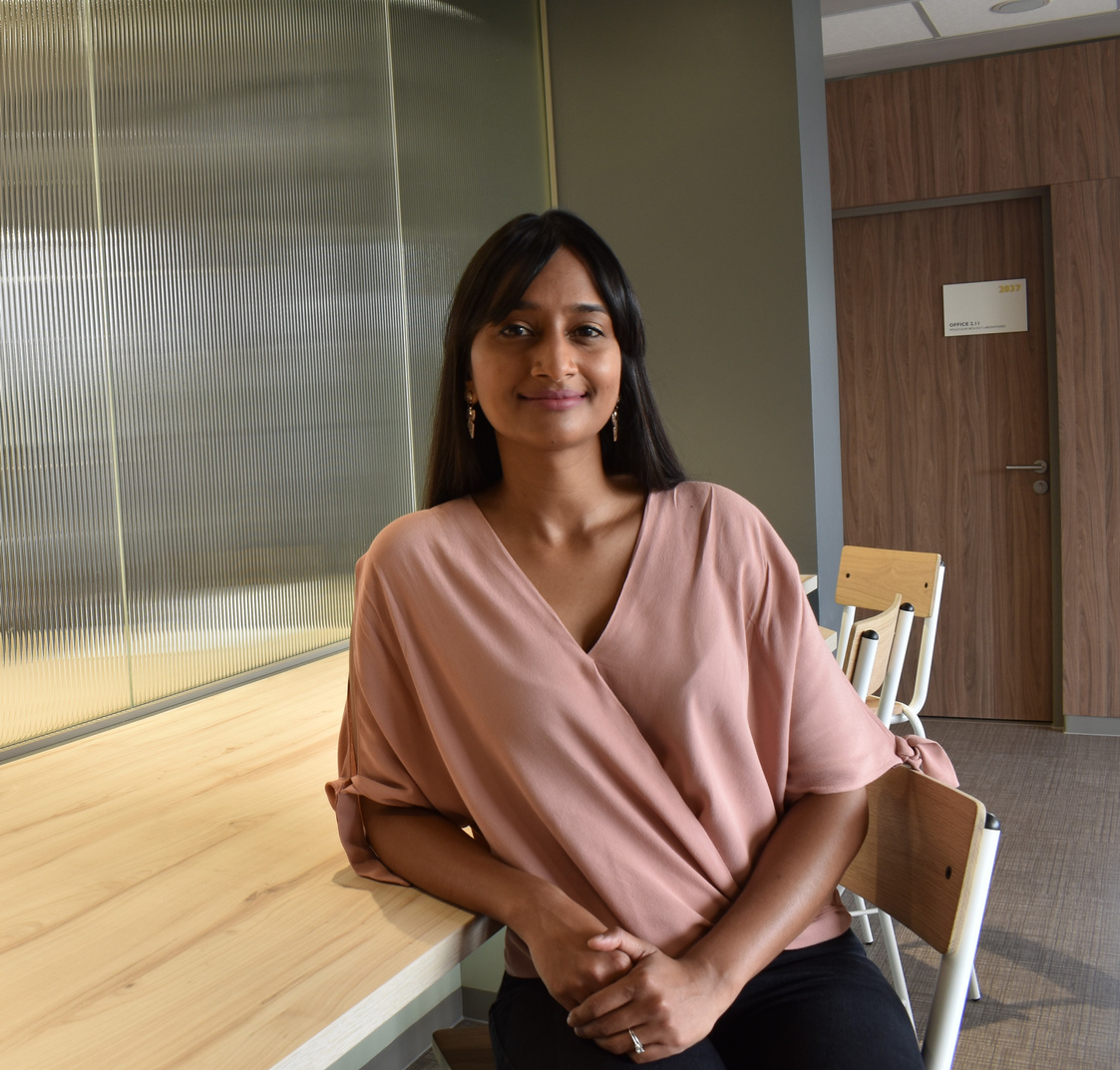Meet Dr Charissa Naidoo, one of the latest recipients of research grants by L'Oréal South Africa announced recently – she is an SAMRC-funded Postdoctoral Research Fellow within the Clinical Mycobacteriology and Epidemiology (CLIME) at Stellenbosch University.
The selection of Dr Naidoo, together with five other trailblazing young women scientists, follows a rigorous process involving a jury of independent experts who had to go through over 150 competitive applicants from across all corners of the country.
Now in its second year, the L’Oréal-UNESCO For Women in Science South African National Young Talents programme supports young female scientists through grants that will help fast-track their research aspirations. The programme, which rewards scientific excellence, aims to improve the representation of women in scientific careers by recognizing those who have contributed outstandingly to scientific gains.
Dr Naidoo was recognised for her sterling research work that integrates microbiological, clinical, and computational approaches to understand the role of the microbiome (multitudes of bacteria found in our bodies which profoundly influence health) in tuberculosis. She explains that her research focuses on the relationship between the microbiome and tuberculosis – which is the leading cause of mortality in South Africa. “Specifically, we are interested in how the microbiome at the site of disease (i.e. diseased lung lobes) differs to that found in non-involved lung lobes in tuberculosis patients, and how this compares to patients with other significant lung diseases (e.g. asthma, COPD, pneumonia, cancer and bronchiectasis),” she says.
She also says that furthermore in this project, they will implement a modified bronchoscopy procedure and cutting-edge computational methods to jointly analyse the microbiome, compounds made by the microbiome (i.e. short-chain fatty acids), and immunological responses at the site of disease. “Ultimately, our goal is to identify microbiome-based diagnostic or therapeutic markers which, in clinical trials, may help improve long-term clinical outcomes for tuberculosis.” she adds.
To date, Dr Naidoo has numerous awards under her belt to show, which she concedes that in part, would not have been possible without the SAMRC Intramural Postdoctoral Programme which she is a beneficiary of. These include a Career Development Fellowship from the European and Developing Countries Clinical Trials Partnership (EDCTP); Discovery Clinical Health Excellence Award for Best Research Poster, and the Vice-Rector’s Postdoc Top 20 award.
In relation to key research outputs, she singles out a state-of-the-art review on the microbiome and tuberculosis (Naidoo et al. 2019, Lancet Resp Med) with findings showing how – even before treatment – people with pulmonary tuberculosis disease have a distinct gut microbiome, suggesting the existence of a gut-lung axis. This work has been submitted for publication.
Asked about her future endeavours, she says, “being a recipient of the prestigious L'Oréal-UNESCO research grant will enable me to undergo a six-week research visit to University College London where I will train in leading-edge RNA-characterisation methods, and thereafter train others at Stellenbosch University in these techniques, thereby building local analytical expertise. She says the awarded funds will be instrumental for other research-related costs such as conference participation and publication fees and will help improve her career prospects greatly by increasing her eligibility for other competitive grants.
While there are too many people to acknowledge for her successful career journey, she says she remains indebted to her mentor, Professor Grant Theron, adding that he is not only an exemplary leader but someone who is committed to her academic success.
“I am grateful for ongoing support from the (CLIME) Group, the Division and collaborators. I am also thankful to the SAMRC RCD programme for providing long-term financial support – this has helped free up time for me to concentrate on scientific aspects, thereby accelerating academic progress” she concludes.

